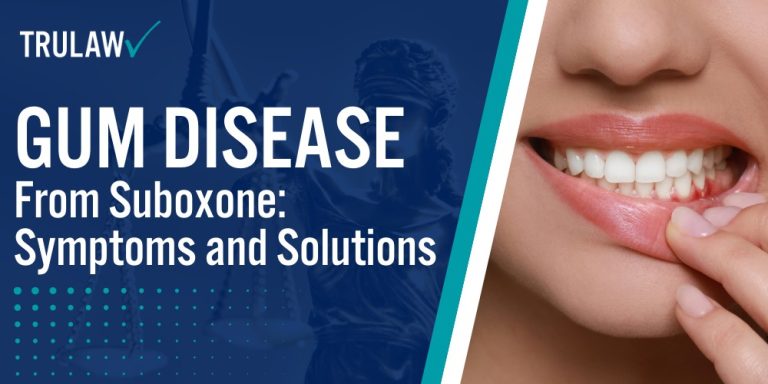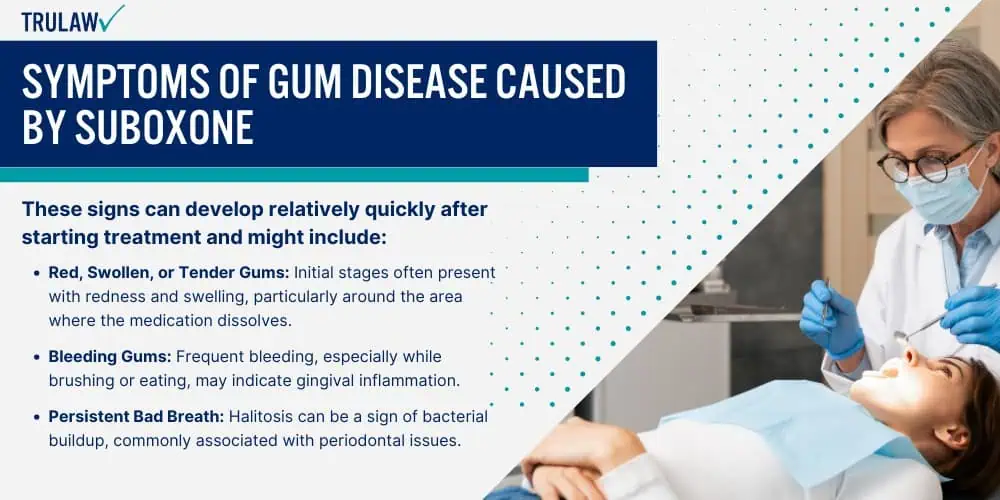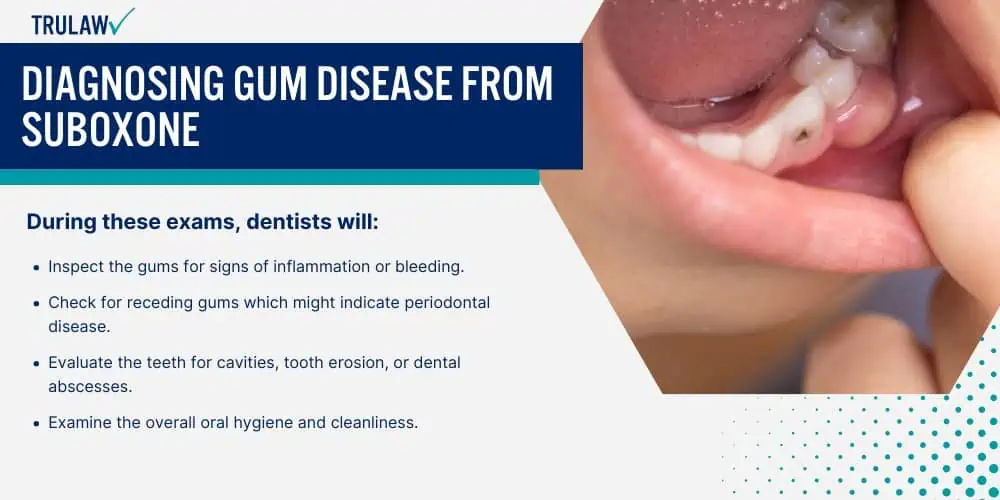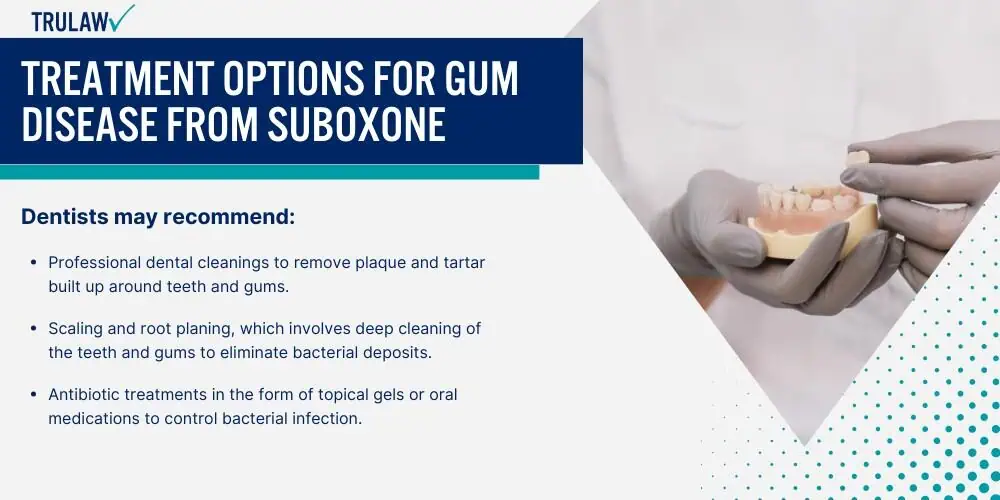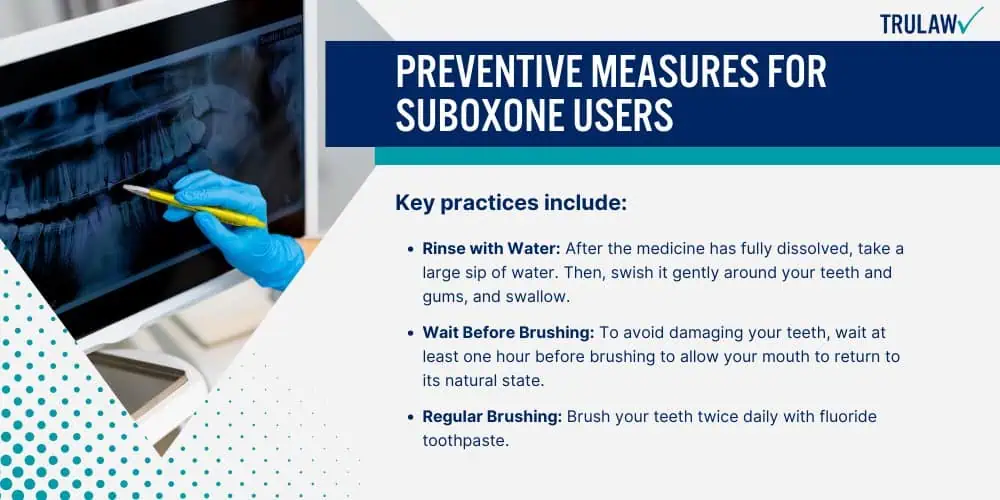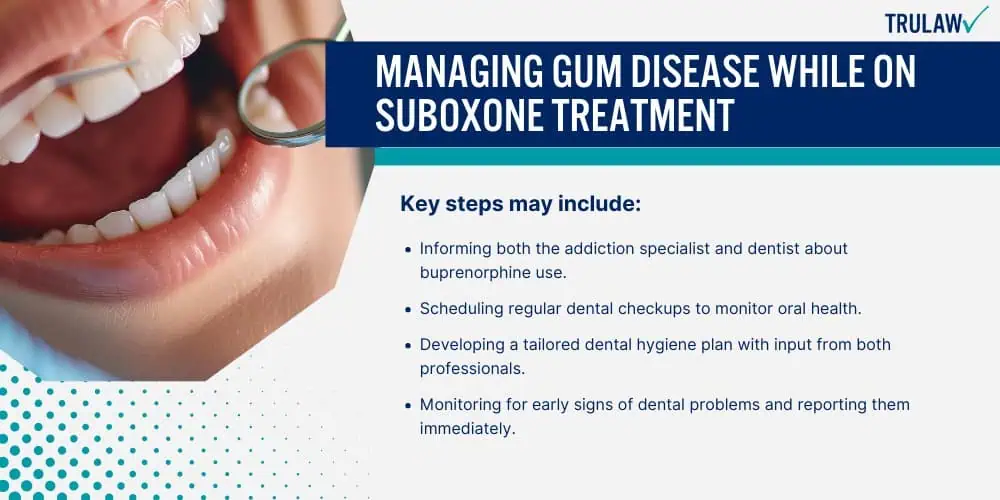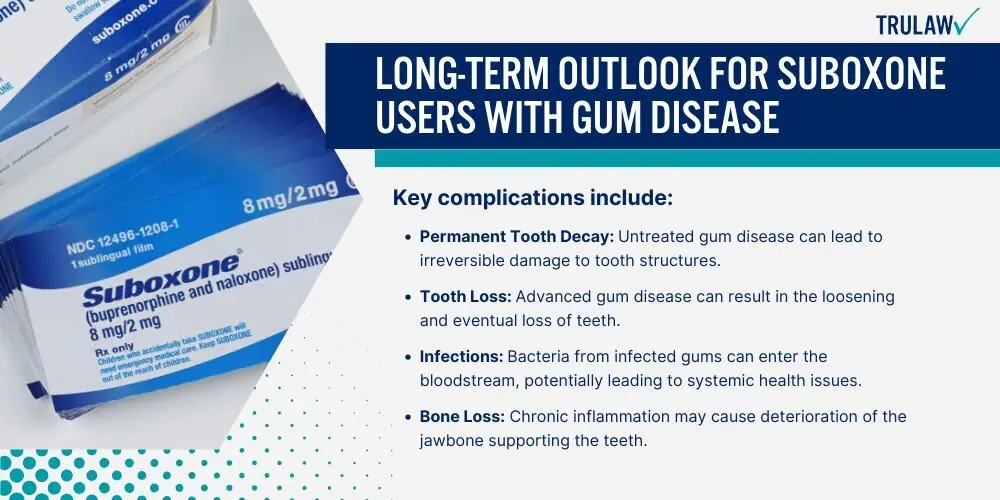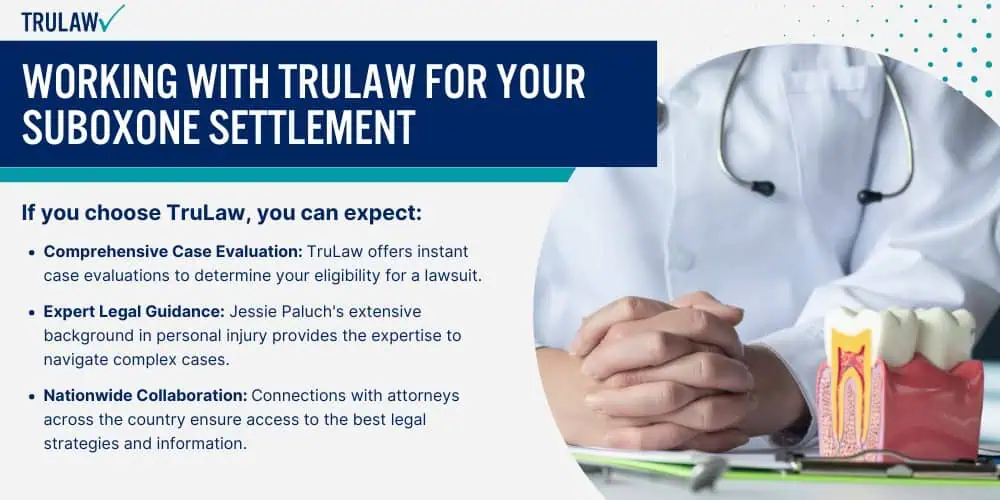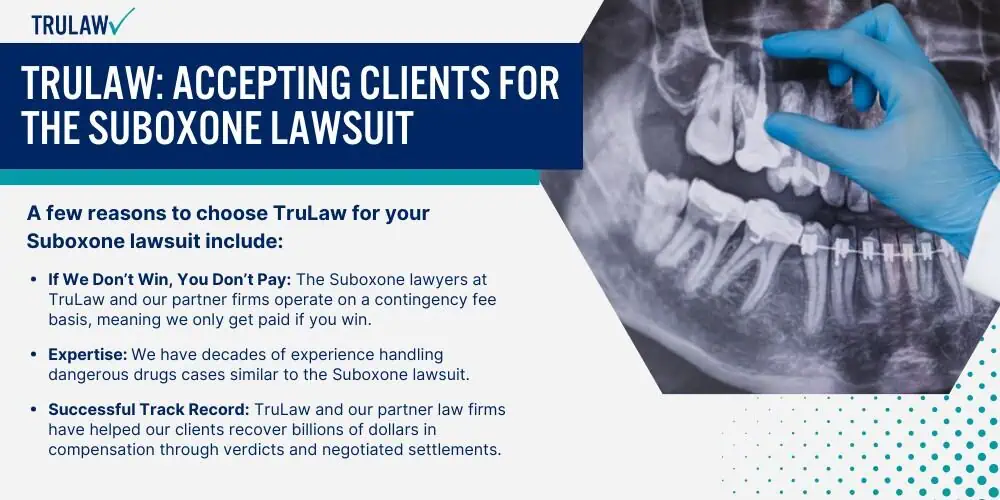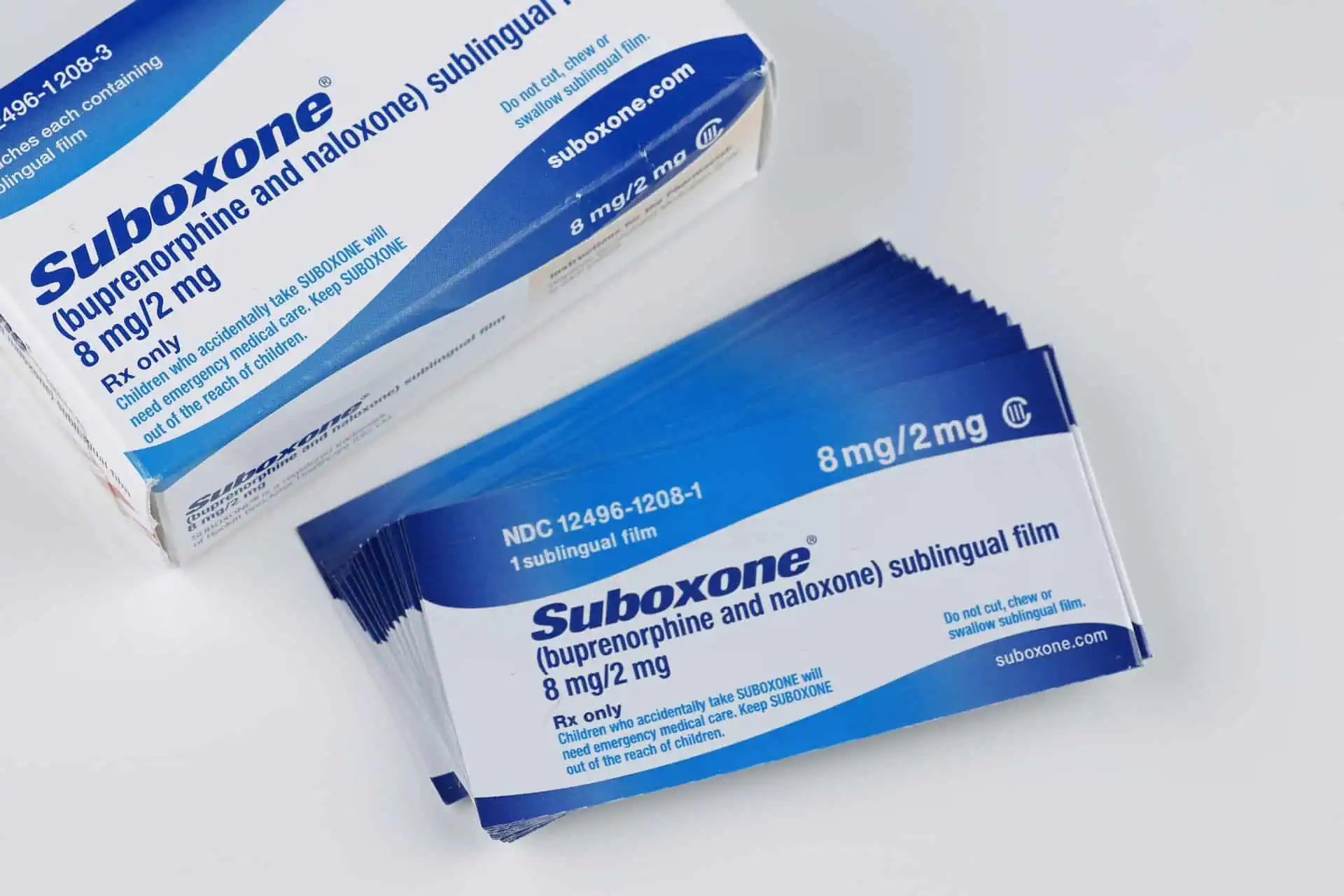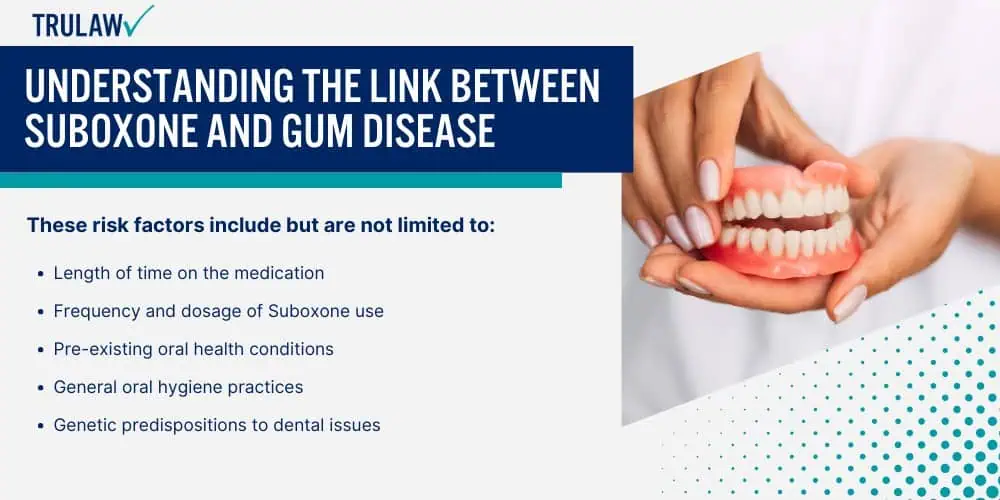
Suboxone, a medication used to treat opioid use disorder, has been associated with dental issues such as gum disease.
It is important to explore the prevalence of this problem, how Suboxone affects oral health, and the risk factors involved.
Prevalence of Gum Disease Among Suboxone Users
Gum disease and other dental problems are more common among Suboxone users due to the nature of the medication.
A significant number of cases have been reported, highlighting the seriousness of this issue.
The FDA identified 305 cases of dental problems related to buprenorphine medicines, with 131 classified as serious.
They issued a drug safety communication wherein they warned the public about dental injuries related to the use of sublingual Suboxone.
Most patients affected were using it for opioid use disorder treatment.
Notably, these dental issues often arose in individuals with no prior history of dental problems, emphasizing the medication’s impact on oral health.
Dental problems can manifest as soon as two weeks after starting treatment, though the median diagnosis time is approximately two years.
How Suboxone Affects Oral Health
Suboxone is typically administered sublingually, meaning it is dissolved under the tongue or against the cheek.
This method of administration exposes the mouth to the medication for prolonged periods, leading to decreased saliva production and an acidic environment.
These conditions are conducive to tooth decay and gum disease.
Even those with no prior history of dental issues can experience significant problems, such as cavities, oral infections, and even tooth loss.
Additionally, the reduction of saliva, which normally helps protect against tooth decay, leaves the teeth more vulnerable.
Patients are encouraged to maintain rigorous oral hygiene practices to mitigate these effects.
Risk Factors for Developing Gum Disease from Suboxone
Multiple factors can increase the risk of developing gum disease when using Suboxone.
These risk factors include but are not limited to:
- Length of time on the medication
- Frequency and dosage of Suboxone use
- Pre-existing oral health conditions
- General oral hygiene practices
- Genetic predispositions to dental issues
To reduce the risk, it is recommended that patients rinse their mouths with water after the medication dissolves and wait at least one hour before brushing their teeth.
Regular dental checkups and a tailored dental care plan are also vital.
This proactive approach can help in minimizing the adverse oral health effects of Suboxone.
